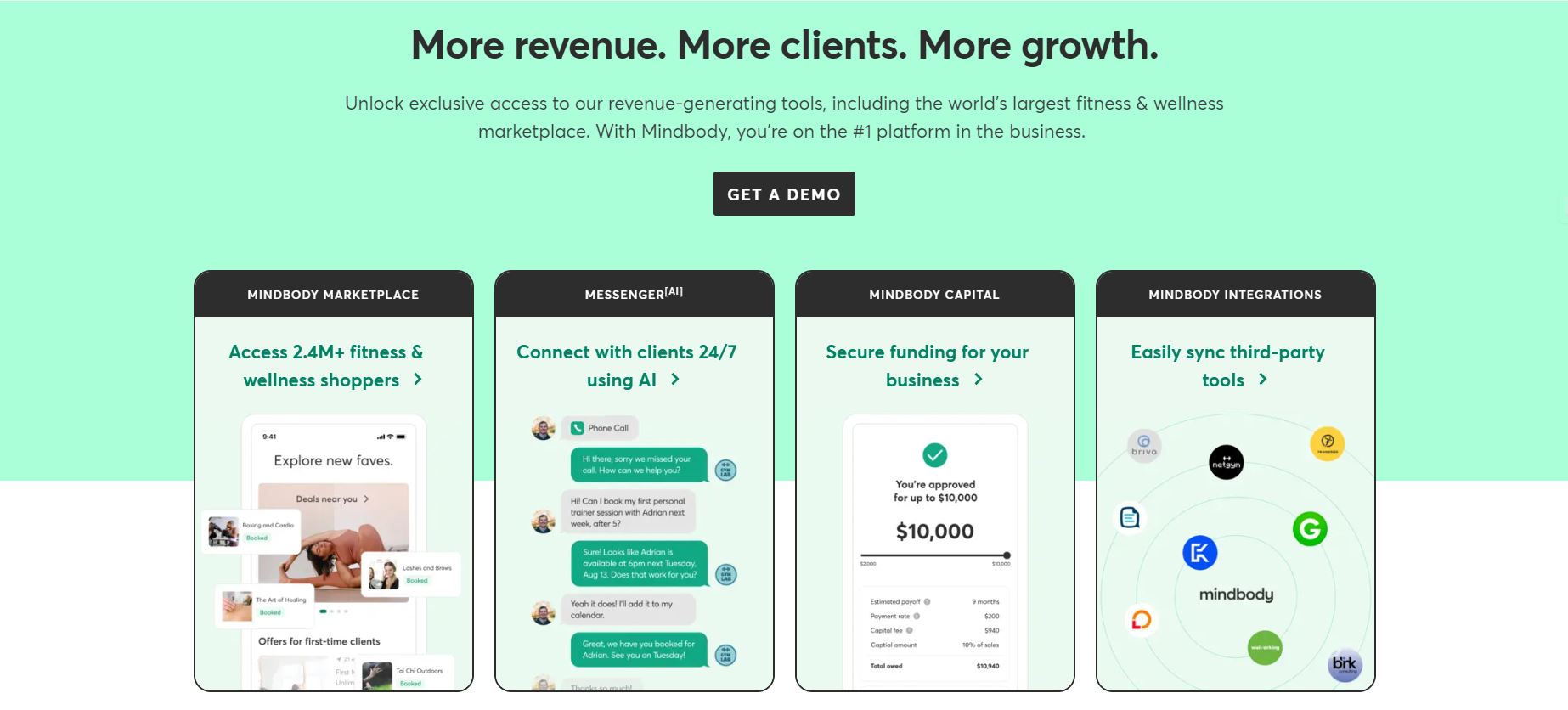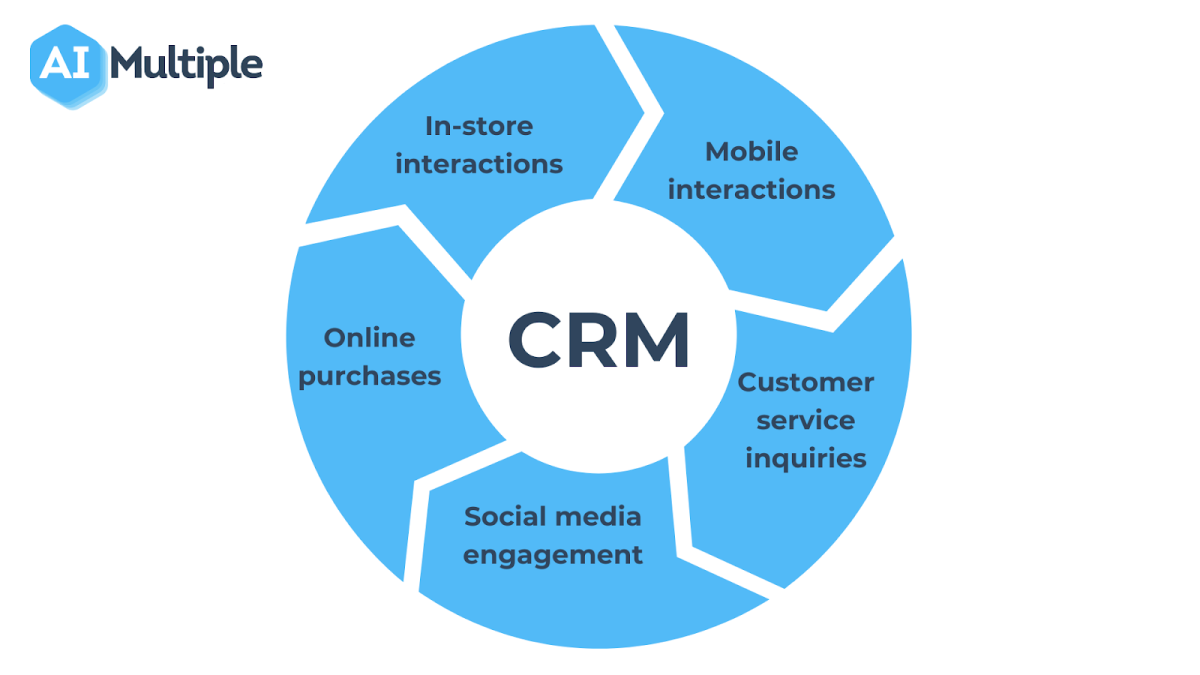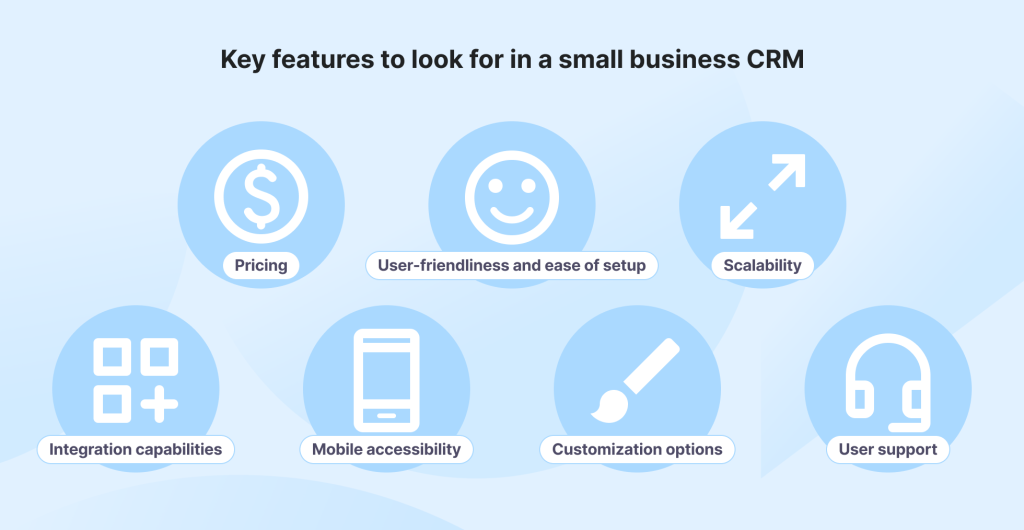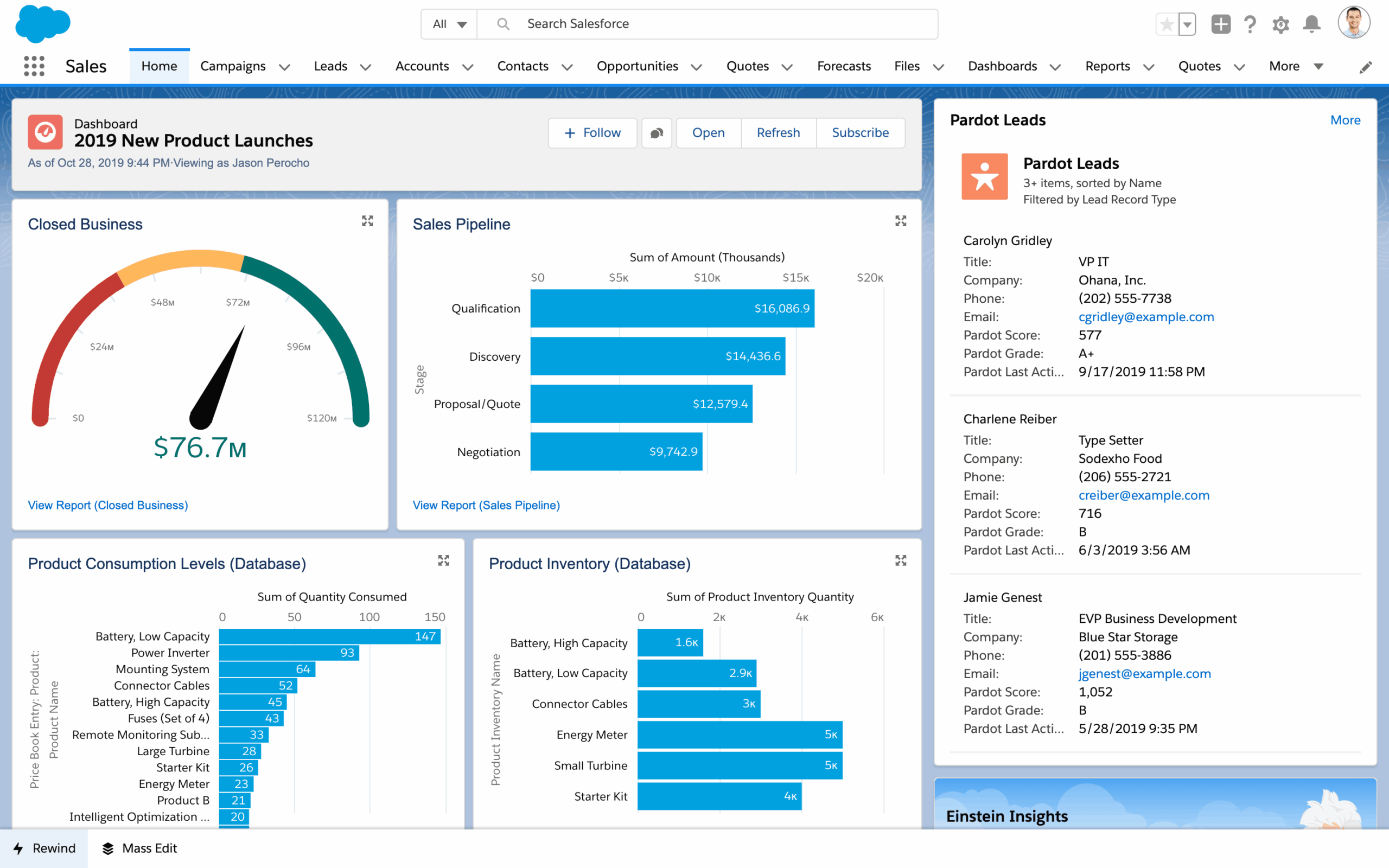The Ultimate Guide to the Best CRM for Small Caterers: Streamline Your Business and Delight Your Clients
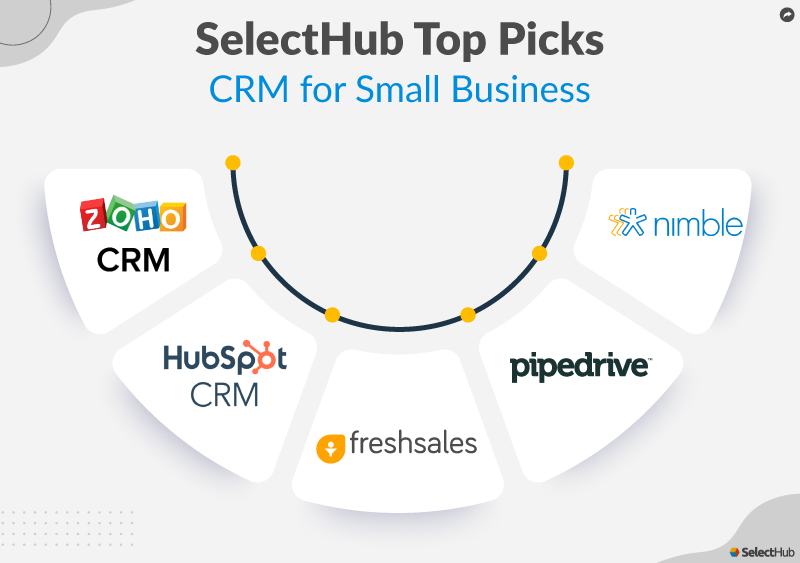
Running a catering business, especially a small one, is a whirlwind. You’re juggling menu planning, ingredient sourcing, event logistics, staffing, and, of course, keeping your clients happy. In the midst of all this, it’s easy for things to slip through the cracks. That’s where a Customer Relationship Management (CRM) system comes in. Think of it as your central command center, helping you organize, automate, and personalize every interaction with your clients and potential customers. But with so many CRM options available, finding the *best* one for your specific needs can feel overwhelming. This comprehensive guide dives deep into the world of CRMs, specifically tailored for small caterers, helping you choose the perfect tool to boost your efficiency, enhance client relationships, and ultimately, grow your business.
Why a CRM is Essential for Small Caterers
Before we jump into specific CRM recommendations, let’s establish why a CRM is no longer a luxury, but a necessity for small catering businesses. In today’s competitive landscape, you need every advantage you can get. A CRM provides that edge by:
- Centralized Client Data: No more scattered spreadsheets, sticky notes, or forgotten emails. A CRM stores all client information – contact details, preferences, event history, dietary restrictions, and more – in one easily accessible place.
- Improved Communication: CRM platforms often include features like email marketing integration, automated follow-up sequences, and personalized messaging, allowing you to stay in touch with clients effectively and efficiently.
- Enhanced Sales & Lead Management: Track leads, manage proposals, and follow up on opportunities with ease. A CRM helps you nurture leads through the sales funnel and convert them into loyal customers.
- Streamlined Event Planning: Many CRMs offer features specifically designed for event management, such as task assignment, scheduling, and vendor management, making it easier to coordinate all aspects of your catering events.
- Increased Efficiency & Productivity: Automate repetitive tasks, such as sending invoices, sending thank-you notes, and following up on proposals, freeing up your time to focus on the core aspects of your business: creating delicious food and delighting your clients.
- Better Client Relationships: By understanding your clients’ needs and preferences, you can personalize your services and build stronger, more lasting relationships, leading to repeat business and referrals.
- Data-Driven Decisions: CRM systems provide valuable insights into your sales performance, marketing effectiveness, and client behavior, allowing you to make informed decisions about your business strategy.
Key Features to Look for in a CRM for Caterers
Not all CRMs are created equal. When choosing a CRM for your catering business, prioritize features that directly address your specific needs. Here are some key functionalities to consider:
- Contact Management: This is the foundation of any CRM. Ensure the platform allows you to store and easily access all client contact information, including names, addresses, phone numbers, email addresses, dietary restrictions, and any other relevant details.
- Lead Management: Track potential clients, manage leads through the sales pipeline, and follow up on opportunities. Look for features like lead scoring, automated follow-up sequences, and sales pipeline visualization.
- Event Management Tools: This is crucial for caterers. Features like event calendars, task management, vendor management, and the ability to create and track event-specific details (menus, guest counts, etc.) are essential.
- Quote and Proposal Generation: Streamline the process of creating professional-looking quotes and proposals. Look for templates, customization options, and the ability to track the status of proposals.
- Email Marketing Integration: Connect your CRM with your email marketing platform to send targeted campaigns, newsletters, and promotional emails.
- Invoice and Payment Tracking: Simplify the invoicing process and track payments. Integration with payment gateways is a plus.
- Reporting and Analytics: Gain insights into your sales performance, marketing effectiveness, and client behavior with comprehensive reports and analytics dashboards.
- Mobile Accessibility: Access your CRM data and manage your business on the go with a mobile app or a responsive web design.
- Integration with Other Tools: Ensure the CRM integrates with other tools you use, such as accounting software, email marketing platforms, and calendar applications.
- Customization Options: The ability to customize the CRM to fit your specific workflow and needs is crucial. Look for options to add custom fields, create custom reports, and tailor the platform to your brand.
Top CRM Systems for Small Caterers: A Detailed Comparison
Now, let’s delve into some of the top CRM systems specifically designed or well-suited for small catering businesses. We’ll compare their features, pricing, and ease of use to help you make an informed decision.
1. HoneyBook: The All-in-One Solution
Overview: HoneyBook is a popular all-in-one platform that’s particularly well-suited for creative businesses, including caterers. It combines CRM functionality with project management, invoicing, and payment processing in a single, user-friendly interface.
Key Features for Caterers:
- Client Management: Centralized client profiles with contact information, event history, and communication logs.
- Lead Management: Track leads, manage inquiries, and nurture potential clients.
- Project Management: Manage event details, tasks, and deadlines.
- Proposals & Contracts: Create professional-looking proposals and contracts with ease.
- Invoicing & Payments: Send invoices and accept online payments seamlessly.
- Automations: Automate tasks like sending payment reminders and follow-up emails.
- Client Portal: Clients can access their project details, contracts, and invoices through a dedicated client portal.
Pros:
- User-friendly interface and intuitive design.
- Comprehensive features for managing the entire client lifecycle.
- Strong emphasis on project management and collaboration.
- Excellent for creative businesses.
- Built-in payment processing.
Cons:
- Can be more expensive than some other options.
- May have more features than some small caterers need.
Pricing: HoneyBook offers a subscription-based pricing model. Pricing varies depending on the features and the number of users.
Ideal for: Caterers who want an all-in-one solution that simplifies the entire client management process, from initial inquiry to final payment.
2. Dubsado: Customizable and Flexible
Overview: Dubsado is another popular CRM platform that’s known for its flexibility and customization options. It’s a great choice for caterers who want to tailor the platform to their specific workflows and needs.
Key Features for Caterers:
- Contact Management: Store and organize client contact information.
- Lead Capture Forms: Create custom forms to capture leads from your website or other sources.
- Workflow Automation: Automate repetitive tasks, such as sending emails, scheduling appointments, and sending invoices.
- Proposals & Contracts: Create and manage professional-looking proposals and contracts.
- Invoicing & Payment Tracking: Send invoices and track payments.
- Scheduler: Integrate with your calendar to schedule appointments and manage your time effectively.
- Client Portal: Clients can access their project details, contracts, and invoices through a dedicated client portal.
Pros:
- Highly customizable and adaptable to your specific needs.
- Powerful automation features.
- Versatile for various types of businesses.
- Competitive pricing.
Cons:
- Can have a steeper learning curve compared to other platforms.
- The interface may seem less intuitive to some users.
Pricing: Dubsado offers a subscription-based pricing model with different plans based on the number of clients and features.
Ideal for: Caterers who want a highly customizable CRM that allows them to automate their workflows and tailor the platform to their specific needs.
3. Zoho CRM: Scalable and Affordable
Overview: Zoho CRM is a comprehensive CRM platform that’s known for its scalability and affordability. It’s a great option for small caterers who are looking for a robust CRM that can grow with their business.
Key Features for Caterers:
- Contact Management: Store and manage client contact information.
- Lead Management: Track leads, manage opportunities, and nurture potential clients.
- Sales Automation: Automate sales tasks, such as sending emails and scheduling follow-up calls.
- Workflow Automation: Automate repetitive tasks to save time and improve efficiency.
- Reporting and Analytics: Generate reports and track key metrics to monitor your sales performance.
- Email Marketing Integration: Integrate with email marketing platforms to send targeted campaigns.
- Mobile App: Access your CRM data and manage your business on the go with a mobile app.
Pros:
- Scalable and affordable pricing plans.
- Comprehensive features for sales and marketing.
- Good integration capabilities.
- Mobile app for on-the-go access.
Cons:
- The interface can feel a bit overwhelming for beginners.
- Some advanced features may require a higher-tier plan.
Pricing: Zoho CRM offers a free plan for up to 3 users, as well as various paid plans with different features and price points.
Ideal for: Caterers who are looking for a scalable and affordable CRM that offers a comprehensive set of features for sales and marketing.
4. Pipedrive: Sales-Focused and User-Friendly
Overview: Pipedrive is a sales-focused CRM that’s designed to help businesses manage their sales pipeline and close deals more effectively. It’s known for its user-friendly interface and intuitive design.
Key Features for Caterers:
- Contact Management: Store and manage client contact information.
- Lead Management: Track leads and manage your sales pipeline.
- Deal Management: Track deals, set sales goals, and monitor your progress.
- Workflow Automation: Automate sales tasks, such as sending emails and scheduling follow-up calls.
- Reporting and Analytics: Generate reports and track key sales metrics.
- Email Integration: Integrate with your email provider to track emails and manage communications.
- Mobile App: Access your CRM data and manage your sales on the go with a mobile app.
Pros:
- User-friendly interface and intuitive design.
- Strong focus on sales pipeline management.
- Easy to learn and use.
- Good for tracking sales activities.
Cons:
- May not have as many features as some other CRMs.
- Less focus on project management compared to some other options.
Pricing: Pipedrive offers a subscription-based pricing model with different plans based on the features and the number of users.
Ideal for: Caterers who want a sales-focused CRM that’s easy to use and helps them manage their sales pipeline effectively.
5. Monday.com: Highly Visual and Collaborative
Overview: While not a dedicated CRM, Monday.com is a highly versatile project management platform that can be adapted for CRM purposes. Its visual interface and collaborative features make it a good option for caterers who value teamwork and organization.
Key Features for Caterers (using it as a CRM):
- Contact Management: Manage client contact information within boards.
- Lead Tracking: Track leads and opportunities through customizable boards.
- Project Management: Manage events, tasks, and deadlines.
- Collaboration: Collaborate with your team on projects and share information.
- Automation: Automate repetitive tasks, such as sending notifications and updating statuses.
- Customization: Customize boards and workflows to fit your specific needs.
Pros:
- Highly visual and user-friendly interface.
- Excellent for project management and collaboration.
- Highly customizable and adaptable to various workflows.
- Strong automation capabilities.
Cons:
- Not a dedicated CRM, so some features may be missing.
- Requires some setup and configuration to use as a CRM.
Pricing: Monday.com offers a subscription-based pricing model with different plans based on the features and the number of users.
Ideal for: Caterers who prioritize visual organization, collaboration, and project management, and are willing to configure a platform for CRM functionality.
Making the Right Choice: Factors to Consider
Choosing the right CRM is a crucial decision. Here are some factors to consider when evaluating different options:
- Your Budget: CRM pricing varies widely. Determine your budget and choose a platform that fits your financial constraints. Consider both the monthly subscription cost and any potential setup fees.
- Your Business Size & Complexity: A small catering business with a few clients will have different needs than a larger operation. Choose a CRM that can scale with your business as it grows.
- Your Technical Skills: Some CRMs are more user-friendly than others. Consider your comfort level with technology and choose a platform that’s easy to learn and use.
- Your Specific Needs: Identify the features that are most important to your catering business. Do you need robust event management tools? Do you need advanced sales automation capabilities? Prioritize the features that align with your requirements.
- Integration Capabilities: Consider which other tools you use, such as your accounting software, email marketing platform, and calendar application. Choose a CRM that integrates seamlessly with these tools.
- Customer Support: Ensure the CRM provider offers adequate customer support, including documentation, tutorials, and responsive customer service.
- Reviews and Ratings: Research and read reviews from other catering businesses to get insights into their experiences with different CRMs.
- Free Trials and Demos: Take advantage of free trials and demos to test out different CRM platforms before making a commitment. This will allow you to evaluate the features, interface, and ease of use firsthand.
Tips for Implementing a CRM in Your Catering Business
Once you’ve chosen a CRM, successful implementation is key to maximizing its benefits. Here are some tips to help you get started:
- Define Your Goals: Before you start using the CRM, define your goals and objectives. What do you want to achieve with the CRM? (e.g., increase sales, improve client satisfaction, streamline event planning).
- Clean Up Your Data: Before importing your data into the CRM, clean up your existing client information. Remove duplicates, correct errors, and ensure that all information is accurate and up-to-date.
- Customize the CRM: Customize the CRM to fit your specific workflow and needs. Add custom fields, create custom reports, and tailor the platform to your brand.
- Train Your Team: Provide adequate training to your team on how to use the CRM. Ensure that everyone understands how to enter data, manage leads, and utilize the platform’s features.
- Establish Processes: Establish clear processes for using the CRM. Define how leads will be tracked, how clients will be managed, and how events will be planned.
- Integrate Your Existing Tools: Integrate your CRM with your other tools, such as your accounting software, email marketing platform, and calendar application.
- Monitor and Analyze: Regularly monitor your CRM data and analyze your performance. Track key metrics, such as sales conversion rates, client satisfaction, and event profitability.
- Seek Feedback: Gather feedback from your team and your clients to continuously improve your CRM implementation.
- Stay Consistent: Consistency is key to CRM success. Make sure your team consistently uses the CRM and updates the data.
- Be Patient: It takes time to fully implement and realize the benefits of a CRM. Be patient and allow your team to adjust to the new system.
The Future of CRM for Caterers
The world of CRM is constantly evolving, and the future holds exciting possibilities for caterers. Here are some trends to watch:
- Artificial Intelligence (AI): AI-powered CRM systems can automate tasks, personalize client interactions, and provide predictive analytics.
- Mobile Optimization: Mobile accessibility will continue to be a priority, allowing caterers to manage their businesses on the go.
- Integration with Social Media: CRM systems will increasingly integrate with social media platforms, allowing caterers to engage with clients and manage their online presence.
- Focus on Personalization: CRM systems will become even better at helping caterers personalize their services and build stronger client relationships.
- Enhanced Event Management Tools: CRM platforms will continue to enhance their event management features, providing caterers with even more tools to coordinate events efficiently.
Conclusion: Embrace the Power of CRM
Choosing the right CRM is an investment in the future of your catering business. By implementing a well-chosen CRM, you can streamline your operations, enhance client relationships, and ultimately, grow your business. Take the time to research the options, consider your specific needs, and choose the platform that best fits your requirements. With the right CRM in place, you’ll be well-equipped to navigate the challenges of the catering industry and achieve lasting success. Don’t wait – start exploring your CRM options today and take your catering business to the next level!

